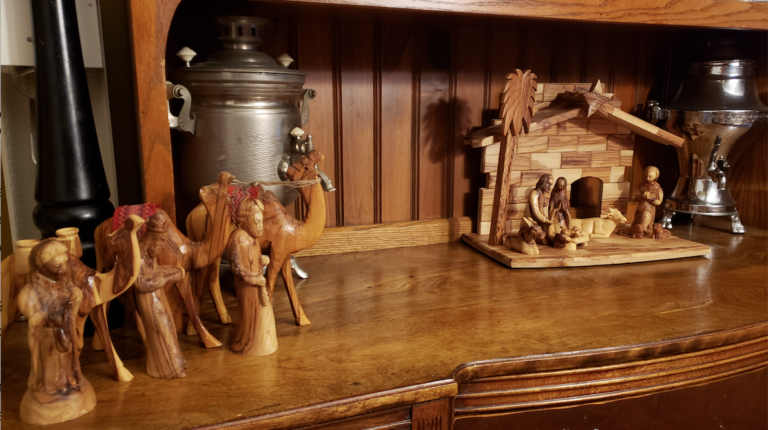
RELIGION INJECTS $67.5 BILLION INTO CANADIAN ECONOMY

It’s long been a truism that organized religion is beneficial to society through its volunteers, its schools, social programs and fostering of a population willing to sacrifice for the greater good.
But what’s it worth in cold, hard cash? A new study released by the think tank Cardus has answered that question: $67.5 billion a year added to the Canadian economy.
That figure, says Cardus, makes organized religion the country’s ninth largest economic enterprise — ahead of the Bank of Montreal, one of Canada’s largest financial institutions.
The study, done for Cardus by Brian Grim and Melissa Grim of the Religious Freedom and Business Foundation, set out to measure the economic impact of all organized religion in the country. For starters, it added up the annual revenues of every single church, religious school and charitable organization, health-care institutions and religious-based media to come up with the figure of $30.87 billion.
But then, using the well-documented concept of a “halo effect” from the impact of these organizations on their communities, including their substantial involvement in substance-abuse recovery programs and the growing industry of halal and kosher foods, the authors arrived at an additional $36.1 billion to come up with its total amount.
“Religion is an active force in the public, professional and private lives of many Canadians and contributes to the common good of all, including those who are not religious,” says Brian Dijkema, vice-president of external relations at Cardus, in a press release.
“If religious activity is hindered — through zoning, regulation, taxation, or even intolerance — there are massive economic spill-over effects that negatively affect Canadians as a whole. We all benefit economically when religious life thrives.”
The authors argue that what religious organizations reap in donations and other revenue is generally all spent on their programs.
The study found 21,966 parishes, temples, meeting halls, synagogues and other places of worship. These accounted for $7.05 billion a year. But the financial impact went far beyond these:
- Publicly funded Catholic schools: $14.47 billion;
- Colleges, universities and seminaries: $0.3 billion;
- Independent schools: $2.8 billion;
- Health care: $4.68 billion;
- Religious media: $0.21;
- Other charities: $1.36.
As for the halo effect, the authors describe its impact as the overall positive impact of religious activity on the community, including:
- Supporting individuals and families in need;
- Direct spending on goods and services and employing local residents;
- Hosting weddings, funerals and other events which can draw visitors into local communities;
- Providing child daycare centres and other educational activities that are not, strictly speaking, schools;
- Providing open space often used by communities for recreational purposes or as extra parkland;
- Providing an invisible safety net for those who fall through the cracks of government services. In particular, the authors cite the heavy involvement of Canadian religious organizations in helping immigrants and refugees to settle into their communities.
Surprisingly, given that Canada’s largely Christian tradition, sales of kosher and halal food have turned into a growth industry, bringing in roughly $4.9 billion a year.
Despite the growing number of people who consider themselves atheists, agnostics, or simply not belonging to any organization religion, Canada is still a country in which 65% of the population belongs to one or another religion. Christians comprise 55% of Canada’s 37 million people, with Roman Catholicism being the single largest denomination (14 million adherents). Non-Christian faiths such as Judaism, Hinduism, Sikhism, Islam and Buddhism account for eight per cent of believers.
Still, participation in organized religion is clearly declining. Many churches continue to close, a phenomenon accelerated by the Covid-19 pandemic, which forced all churches to close in the spring, followed by only partial openings.
The authors of the study recognize that organized religion has sometimes played a negative role in society. In particular, the authors highlight the ongoing clergy sex abuse crisis and the involvement of some religious communities in fostering religious extremism.
However, the authors observed that the decline of religious institutions will have an impact that goes beyond cultural change to include serious economic harm.
–Joseph Sinasac, Publishing Director, Novalis Publishing


